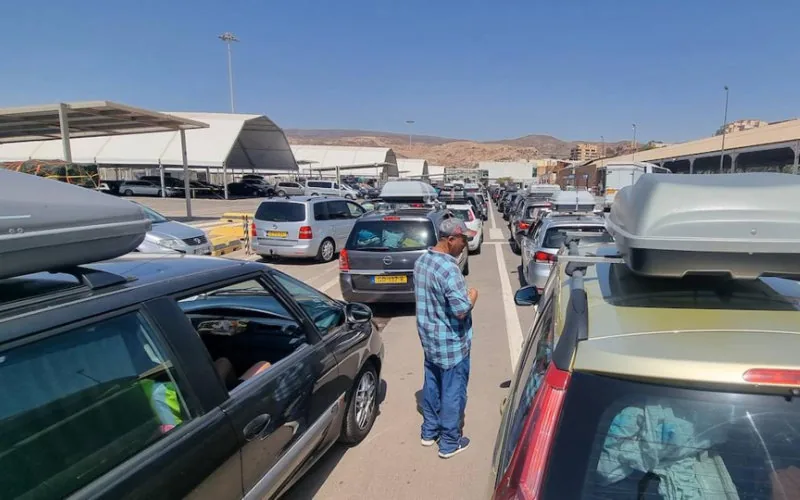Moroccan Expats Demand Better Services for Homecoming: Education, Health, and Social Protection Top Concerns

Considering retirement or caring for one’s parents in the country is a challenge for many Moroccans living abroad. A vast consultation reveals the extent of the difficulties faced with public services. So, what do Moroccans of the world concretely demand so that the return to the country is no longer a headache?
The Economic, Social and Environmental Council (CESE), in an opinion, has shown the expectations of Moroccans residing abroad (MDM) regarding public services. Based on an online consultation that received 4,651 responses in 53 countries, the report identifies three main areas where shortcomings are particularly pronounced: education, health and social protection.
The first area that has been criticized is that of education. The transmission of national languages and Moroccan cultural references records a dissatisfaction rate of 70.46% among the respondents. The 2022 CESE report, which is still current, notes that traditional systems no longer meet the expectations of the new generations. As a result, it recommends the development of digitalized "out-of-school" educational offerings, designed to be more flexible and attractive.
The health sector is the subject of even more grievances, with 84.37% of respondents considering the healthcare offer in Morocco unsatisfactory. The criticisms concern the quality of care, the condition of public hospital infrastructure, the waiting times for care and hygiene. These findings constitute a significant obstacle to return, especially for older expatriates or those with parents in the country.
These health issues are closely linked to the broader issue of social protection. The return to Morocco for retirement is often made more complex by administrative and financial obstacles. Although 19 bilateral social security agreements have been signed, the report notes that some have not yet been ratified and that the portability of social rights acquired abroad remains limited.
To address these issues, the CESE makes several recommendations. It proposes the implementation of a health insurance offer dedicated to the ascendants of MDM, in collaboration with banking and insurance organizations. The Council also suggests the creation of a voluntary retirement offer, which would be accompanied by tax incentives to make it more attractive.
Beyond sectoral measures, the report underlines a need for better administrative coordination. The current lack of a one-stop shop forces users to take scattered steps between several institutions. The proposal for a single digital platform, centralizing consular services, cultural information and access to social rights, is supported by 90.2% of participants. The objective is to improve the visibility, readability and accessibility of existing systems.
Related Articles
-

Miracle at Sea: Moroccan Diver Survives 170km Drift, Rescued Off Spanish Coast
29 August 2025
-

Deadly Night Crash: 8 Killed as Truck Collides with Taxi on Moroccan Highway
29 August 2025
-

Global Crackdown: Moroccan Travelers Face Mounting Restrictions Amid Immigration Concerns
29 August 2025
-

EU Banking Reforms Threaten Billion-Dollar Remittances to Morocco, Sparking Financial Sector Shake-up
29 August 2025
-

Bizarre 165-Million-Year-Old Armored Dinosaur Unearthed in Morocco Stuns Scientists
29 August 2025